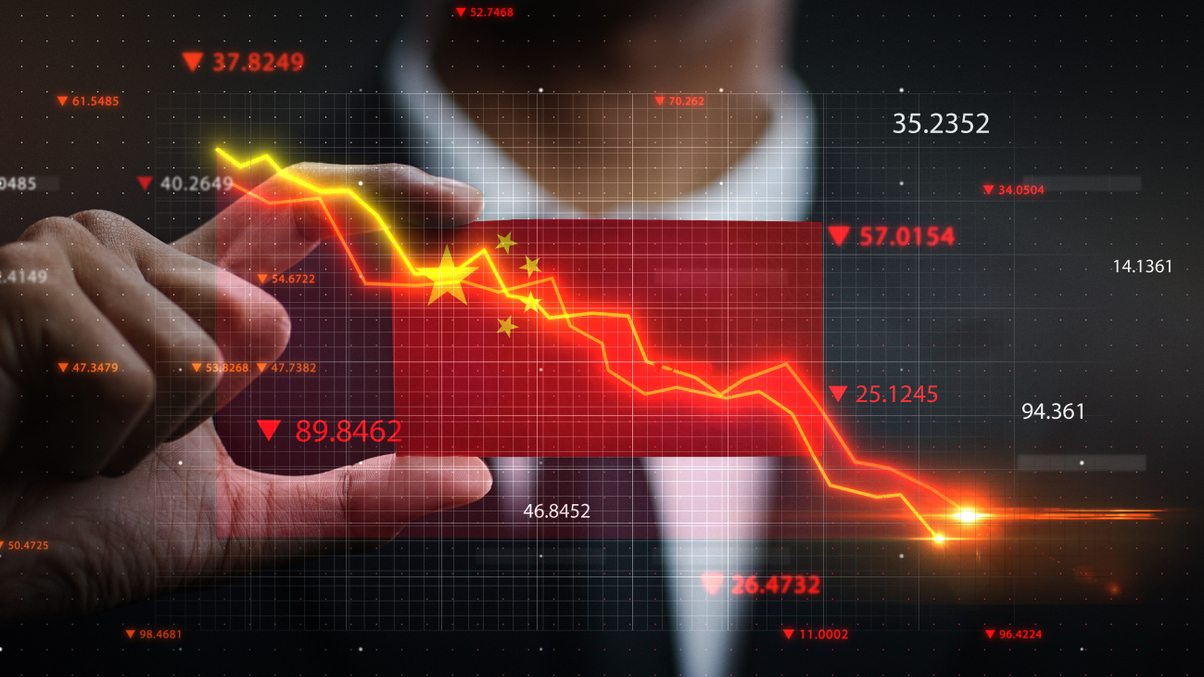Market Views: How investors should assess China over the next five years
With the conclusion of the 20th National Congress, China’s leadership is confirmed for the next five years, allowing investors to assess the potential of the Chinese market.

Investors can now assess China’s markets according to the directions given at the end of the 20th National Congress of the Chinese Communist Party.
Sign in to read on!
Registered users get 2 free articles in 30 days.
Subscribers have full unlimited access to AsianInvestor
Not signed up? New users get 2 free articles per month, plus a 7-day unlimited free trial.
¬ Haymarket Media Limited. All rights reserved.


